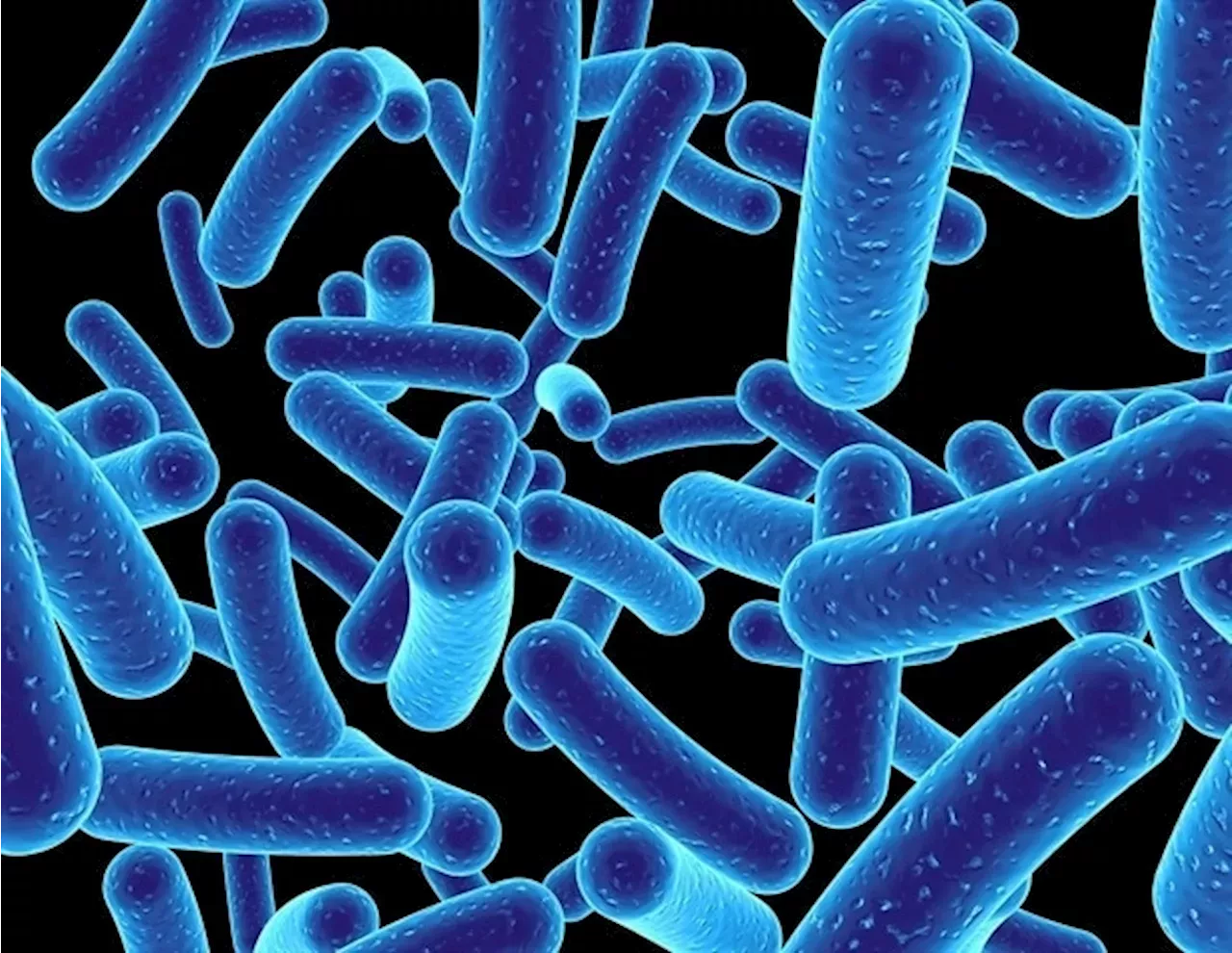The more diverse species in your gut, the better it is for your health. Now an international team led by the Hudson Institute of Medical Research has found a way to determine which species are important and how they interact to create a healthy microbiome.
Understanding these relationships opens the door to a new world of medical opportunities for conditions from Inflammatory Bowel Disease to infections, autoimmune diseases and cancers.
He says now it's possible to map not just what's there but how they interact and how that can affect the whole body. "Bacteria in our microbiomes exist as communities that rely on each other to produce and share key nutrients between them," he said. "We have developed a new computational way to understand these dependencies and their role in shaping our microbiome."
For example, in Crohn's Disease, the team confirmed the importance of hydrogen sulphide. They discovered that the most likely cause is loss of bacteria that use hydrogen sulphide, not an increase in species producing it, as was previously believed.
